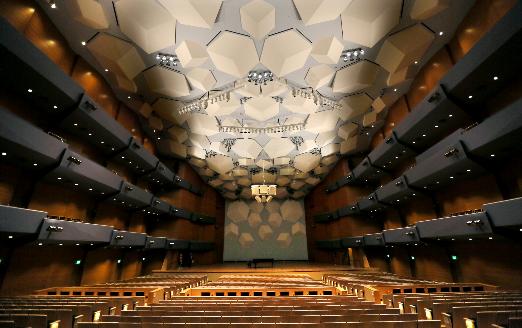Our conspiratorial industry
One of the more intriguing aspects to the psychology of our industry is a general propensity to conspiratorial thinking. It’s not hard to find amongst musicians; the widespread belief that the League of American Orchestras A National Service Organization is behind all our woes is the best-known example, but conspiracy theories fester within orchestras as[…]
Read More






The problem with settling with management/board on their terms is that it validates their approach to the problem and makes…